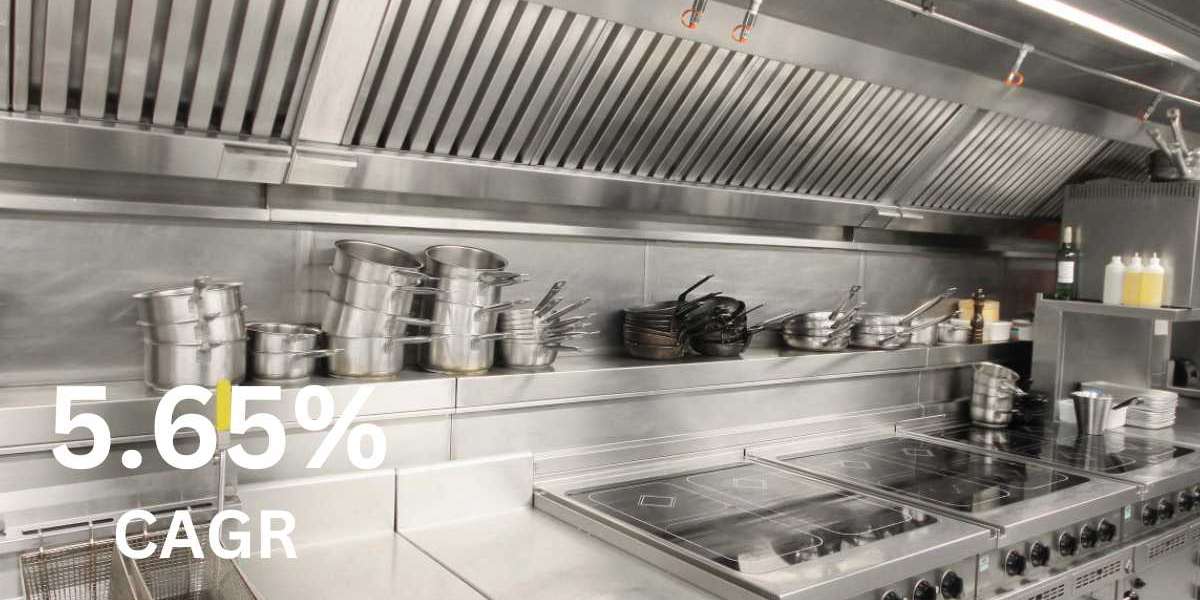Mobile Application Testing Solution Market Analysis
The Japan Mobile Application Testing Solution Market stands as a crucial enabler of quality assurance in the ever-expanding ecosystem of mobile applications. With smartphones and tablets becoming ubiquitous in daily life, ensuring flawless performance, functionality, and security of mobile apps has become paramount for businesses striving to maintain user satisfaction and competitive advantage. This article delves into the dynamic landscape of the mobile application testing solution market, uncovering key trends, challenges, and future prospects that define its trajectory.
Evolution of Mobile Application Testing:
The proliferation of mobile devices and the surge in app adoption have propelled the demand for robust testing solutions to guarantee seamless user experiences across diverse platforms, operating systems, and device configurations. From manual testing methodologies to automated testing frameworks and cloud-based testing services, the evolution of mobile application testing solutions mirrors the rapid pace of innovation and complexity in the mobile app development landscape.
Key Market Trends:
- Shift Towards Agile and DevOps Practices: The adoption of Agile development methodologies and DevOps principles has revolutionized the pace and approach to mobile app development and testing. Continuous integration, continuous delivery (CI/CD) pipelines, and agile testing frameworks streamline development cycles, accelerate time-to-market, and ensure early detection and resolution of defects in mobile applications.
- Emergence of Cross-platform Testing Tools: The fragmentation of mobile platforms, screen sizes, and device configurations necessitates cross-platform testing solutions that enable developers to validate app compatibility and functionality across iOS, Android, and hybrid platforms. Cross-platform testing frameworks, such as Appium, Xamarin Test Cloud, and AWS Device Farm, facilitate efficient testing across diverse environments, reducing development overhead and time-to-market.
- Focus on User Experience and Performance Testing: With user experience emerging as a critical differentiator in the highly competitive mobile app market, performance testing assumes paramount importance. Load testing, stress testing, and real-user monitoring (RUM) tools enable developers to assess app responsiveness, stability, and scalability under varying network conditions and user loads, ensuring optimal performance and reliability.
- Security Testing and Compliance: The proliferation of mobile malware, data breaches, and privacy concerns underscores the importance of security testing in mobile application development. Static and dynamic application security testing (SAST and DAST), penetration testing, and compliance validation tools help identify and remediate security vulnerabilities, safeguard user data, and ensure compliance with regulatory standards such as GDPR and HIPAA.
- Adoption of Cloud-based Testing Services: Cloud-based testing services offer scalability, flexibility, and cost efficiency for mobile app testing initiatives. Cloud testing platforms, such as AWS Device Farm, Firebase Test Lab, and Sauce Labs, provide on-demand access to a diverse range of devices, browsers, and network conditions, enabling developers to conduct comprehensive testing in virtualized environments without the need for physical devices.
Challenges and Opportunities:
- Fragmentation and Device Diversity: The myriad combinations of devices, operating systems, screen sizes, and network conditions pose challenges for comprehensive test coverage and compatibility validation. Embracing device cloud solutions, crowd testing platforms, and test automation frameworks helps mitigate fragmentation issues and ensure broad device coverage in mobile app testing.
- Test Automation and Script Maintenance: While test automation offers significant benefits in terms of efficiency and repeatability, maintaining test scripts across evolving app features and platforms presents challenges. Adopting robust test automation frameworks, version control practices, and modular test design approaches enhances test script maintainability and scalability, enabling efficient regression testing and release validation.
- Real-world Testing Scenarios: Replicating real-world user scenarios, such as intermittent connectivity, battery drain, and background processing, in testing environments is crucial for assessing app performance and reliability. Utilizing crowd testing services, mobile device farms, and network virtualization tools enables developers to simulate diverse user environments and validate app behavior under realistic conditions.
- Data Privacy and Compliance Challenges: Ensuring data privacy and compliance with regulatory standards, such as GDPR and CCPA, presents complexities in mobile app testing, particularly for apps handling sensitive user data. Implementing data anonymization techniques, secure testing environments, and compliance validation tools helps mitigate privacy risks and ensure adherence to regulatory requirements throughout the testing lifecycle.
- Integration with Continuous Testing Pipelines: Integrating mobile app testing solutions seamlessly into CI/CD pipelines and DevOps workflows enhances collaboration, automation, and feedback loops between development, testing, and operations teams. Leveraging API-driven integrations, containerized testing environments, and infrastructure-as-code (IaC) practices streamlines testing orchestration and accelerates delivery cycles.
Future Outlook:
The Mobile Application Testing Solution Market is poised for continued growth and innovation, driven by the proliferation of mobile apps, evolving user expectations, and advancements in testing technologies. As mobile devices become increasingly integral to daily life and business operations, the demand for robust, scalable, and efficient testing solutions will escalate, paving the way for innovations in test automation, AI-driven testing, and cloud-based testing services.
Moreover, as mobile app development trends towards decentralized architectures, microservices, and edge computing, testing solutions will evolve to address the complexities of distributed systems, API integrations, and hybrid cloud environments. From AI-powered test automation frameworks to blockchain-based security testing platforms, the future of mobile application testing promises to be characterized by agility, intelligence, and resilience in the face of evolving technological landscapes.



